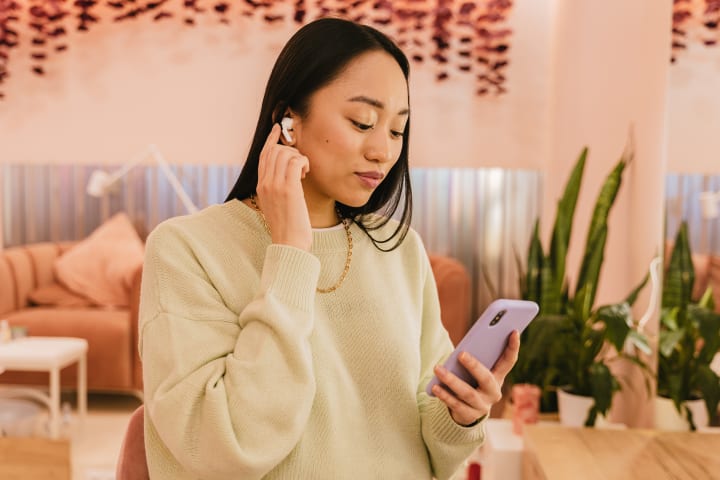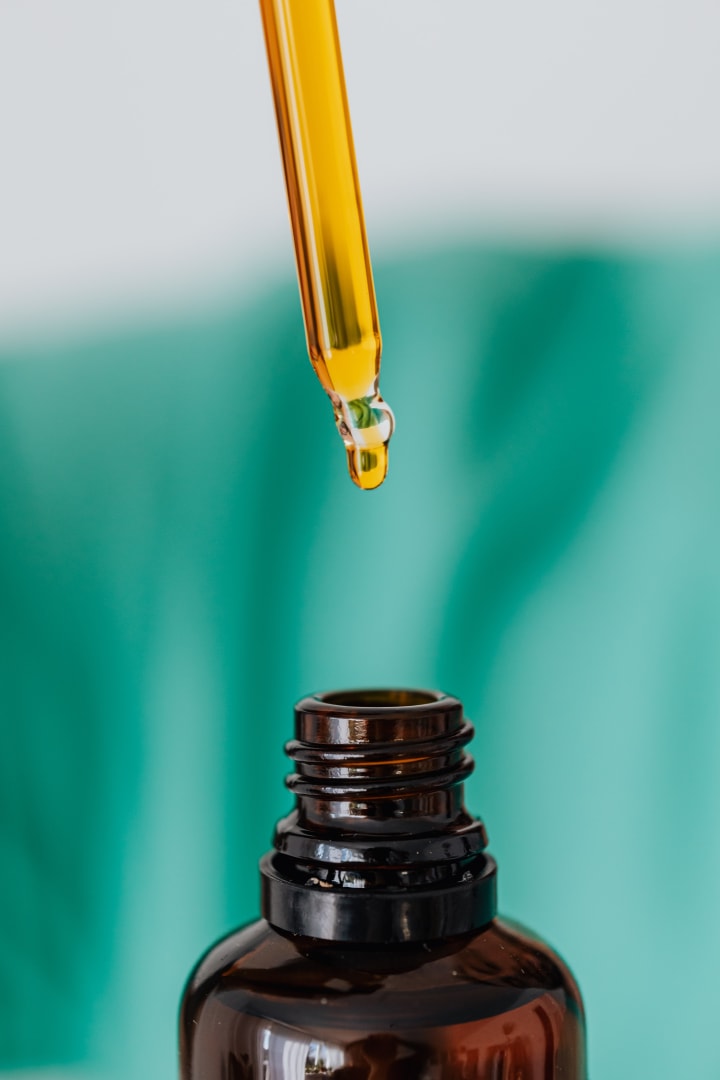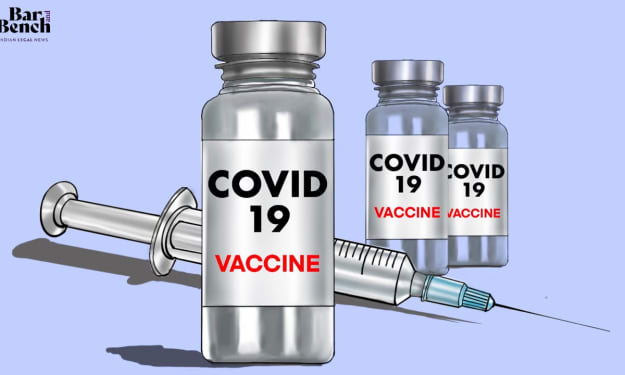Hear, Hear! Habits to Maintain Optimal Hearing
Simple yet effective habits to protect your hearing and maintain optimal hearing health

Our hearing is a critical sense that we rely on every day to communicate, work, and enjoy life. However, it's easy to take our hearing for granted and not give it the attention it deserves. Hearing loss can happen gradually over time, making it important to take steps to maintain optimal hearing health throughout our lives. In this article, we will explore six habits that can help you maintain optimal hearing and protect your ears from damage. Whether you're a musician, frequent concert-goer, or just someone who wants to preserve their hearing, these tips are for you. So, hear, hear! Let's dive into the habits that can help you maintain optimal hearing for years to come.
Habit 1: Protect Your Ears

One of the most common causes of hearing damage is exposure to loud noise. Prolonged exposure to noise levels over 85 decibels can cause hearing damage over time. To put this into perspective, a typical conversation is around 60 decibels, while a rock concert can be as loud as 120 decibels.
So, how can you protect your ears from loud noise? The most effective method is to wear ear protection. There are many types of earplugs and earmuffs available that can help reduce the amount of sound that reaches your ears. Some examples include foam earplugs, custom-molded earplugs, and noise-cancelling headphones.
It's important to note that ear protection should be used not only in obvious loud environments, such as concerts and construction sites, but also in everyday situations that may expose you to loud noise, such as using power tools or mowing the lawn. By wearing ear protection, you can reduce your risk of hearing damage and maintain optimal hearing health.
Habit 2: Take A Break From Loud Environments

While wearing ear protection is an effective method for reducing the amount of sound that reaches your ears, it's also important to take breaks from loud environments. Prolonged exposure to loud noise can cause hearing damage, even if you're wearing ear protection.
If you're in a loud environment, try to take regular breaks to give your ears a rest. Step outside or find a quiet area where the noise level is lower. This can help reduce your overall exposure to loud noise and give your ears a chance to recover.
If you work in a loud environment, such as a construction site, try to schedule breaks throughout the day to give your ears a break. Even a few minutes of quiet time can make a difference.
By taking breaks from loud environments, you can help reduce your risk of hearing damage and maintain optimal hearing health.
Habit 3: Maintain A Healthy Lifestyle

Your overall health can impact your hearing health. In fact, studies have shown that there is a link between certain health conditions, such as high blood pressure and diabetes, and hearing loss.
To maintain optimal hearing health, it's important to maintain a healthy lifestyle. This includes eating a healthy diet, exercising regularly, and getting enough sleep. Eating a healthy diet rich in vitamins and minerals, such as vitamin A, vitamin C, and magnesium, can help promote good hearing health. Exercise can also help improve blood flow to the ears, which can help keep them healthy.
Additionally, certain habits, such as smoking and excessive alcohol consumption, can also impact hearing health. Smoking can cause hearing loss by reducing blood flow to the ears, while excessive alcohol consumption can damage the delicate hair cells in the inner ear that are responsible for hearing.
By maintaining a healthy lifestyle, you can help reduce your risk of health conditions that can impact hearing health and maintain optimal hearing health for years to come.
Habit 4: Regular Hearing Checkups

Regular hearing checkups are an important part of maintaining optimal hearing health. Just as you would visit the dentist for regular checkups to maintain good oral health, it's important to visit an audiologist for regular hearing checkups to ensure your hearing is in good condition.
During a hearing checkup, an audiologist will perform a series of tests to assess your hearing health. They can also provide guidance on how to maintain good hearing health and recommend appropriate treatments or interventions if any hearing loss is detected.
It's recommended that adults have their hearing checked at least once every 10 years up until age 50, and then every three years thereafter. However, if you are exposed to loud noise or have a family history of hearing loss, it's important to have your hearing checked more frequently.
By having regular hearing checkups, you can detect any hearing loss early and take steps to prevent it from worsening, helping you maintain optimal hearing health.
Habit 5: Limit Exposure To Loud Music

Listening to music is a common pastime for many people, but exposure to loud music can cause hearing damage over time. Whether you're using earbuds, headphones, or speakers, it's important to limit your exposure to loud music to maintain good hearing health.
To prevent hearing damage, it's recommended to keep the volume at a moderate level and limit your listening time. A good rule of thumb is to keep the volume at 60% of maximum and listen for no more than 60 minutes at a time. Additionally, taking breaks every hour can give your ears a chance to rest and recover.
Another way to limit your exposure to loud music is to use noise-cancelling headphones or earbuds. These devices can help block out background noise, allowing you to listen at a lower volume.
By limiting your exposure to loud music, you can help protect your hearing and maintain optimal hearing health.
Habit 6: Be Mindful of Medications That Can Impact Hearing

Some medications can cause hearing damage or tinnitus (ringing in the ears) as a side effect. These medications are known as ototoxic medications and can include certain antibiotics, chemotherapy drugs, and non-steroidal anti-inflammatory drugs (NSAIDs).
If you're taking any medication that has the potential to cause hearing damage, it's important to be mindful of any changes in your hearing and report them to your healthcare provider immediately. They may need to adjust your dosage or switch you to a different medication.
It's also important to read the labels of any over-the-counter medications or supplements you're taking, as some can also have ototoxic effects.
By being mindful of medications that can impact hearing, you can help prevent hearing damage and maintain optimal hearing health.
Here are 3 medications that are known to maintain a healthy hearing & have natural formulas:
Conclusion

Maintaining optimal hearing health is important for overall wellbeing and quality of life. By incorporating the habits discussed in this article into your daily routine, you can help protect your hearing and prevent hearing loss.
Remember to protect your ears from loud noise, take breaks from loud environments, maintain a healthy lifestyle, have regular hearing checkups, limit exposure to loud music, and be mindful of medications that can impact hearing.
By taking these steps, you can enjoy good hearing health for years to come. If you're concerned about your hearing or have any questions, don't hesitate to speak with an audiologist or healthcare provider.
About the Creator
Erica Collins
Hello & welcome to my page! I write blogs that I hope people will find helpful in their lives! :)






Comments
There are no comments for this story
Be the first to respond and start the conversation.